Chaz Barracks Fuses Art, Scholarship and Community in Summer Residency
With a GoPro strapped to his helmet and a microphone clipped to his bike, Chaz Antoine Barracks spent the summer pedaling through Homer, N.Y., transforming everyday encounters into both scholarship and art. The filmmaker, media scholar and postdoctoral fellow in…


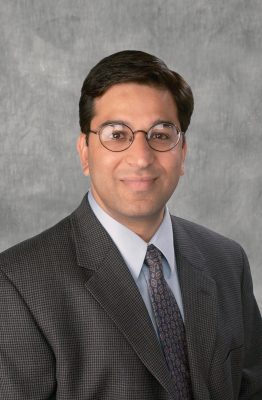 For Sanjay Chhablani, the opportunity to teach is a privilege.
For Sanjay Chhablani, the opportunity to teach is a privilege.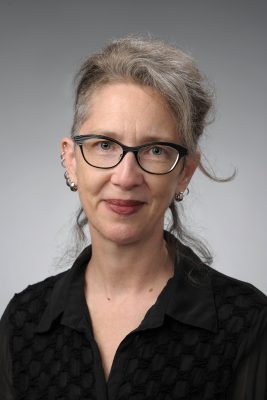
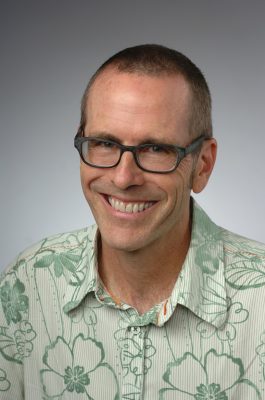
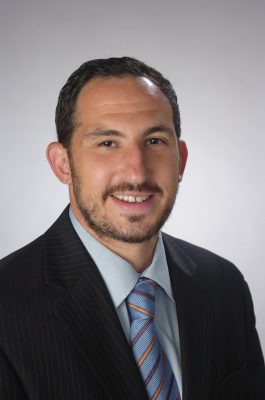
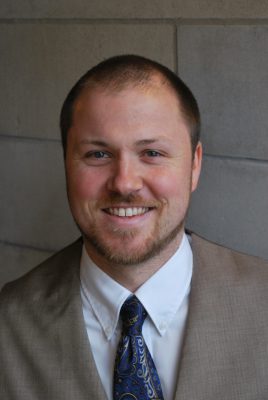
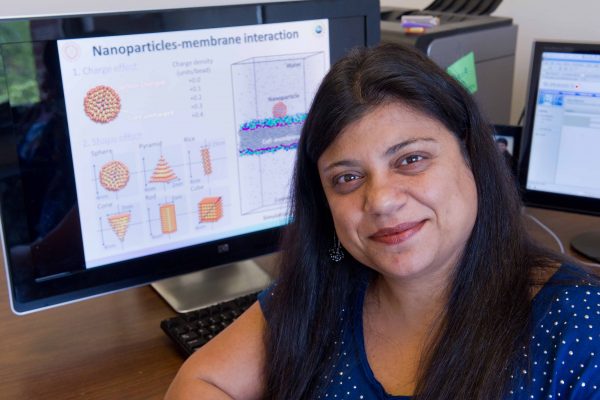
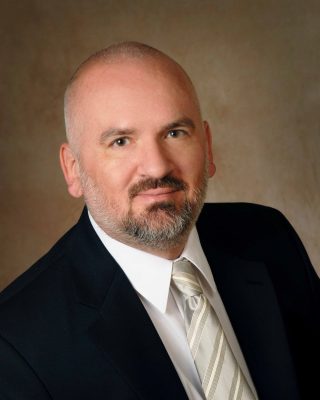 Paul Prescott began his role as a part-time instructor in philosophy while a doctoral student finishing his degree (which he earned in 2012). Since that time, he has come to be known as an outstanding teacher in everything from the department’s introductory course on issues in metaphysics and epistemology to a graduate course on ethics and the health professions. He focuses on ensuring students develop analytical skills to better understand their own views as well as the divergent views of others and to intellectually engage with the world.
Paul Prescott began his role as a part-time instructor in philosophy while a doctoral student finishing his degree (which he earned in 2012). Since that time, he has come to be known as an outstanding teacher in everything from the department’s introductory course on issues in metaphysics and epistemology to a graduate course on ethics and the health professions. He focuses on ensuring students develop analytical skills to better understand their own views as well as the divergent views of others and to intellectually engage with the world.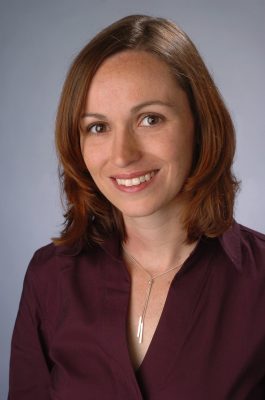
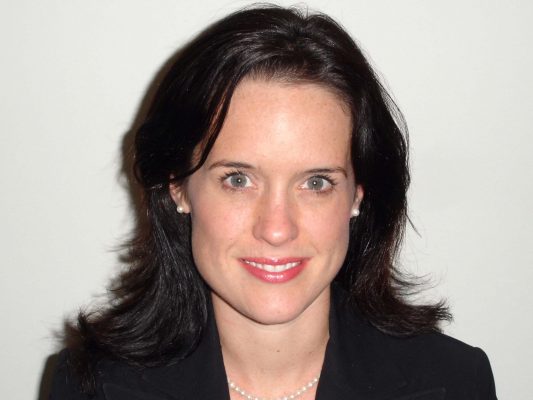 Cora True-Frost is recognized both as an important scholar and as a valuable mentor and teacher, helping students learn to analyze and question, and to understand the impact of legal norms on people and institutions. She is the co-author of a recently published book, “The First Global Prosecutor: Promise and Constraints” (University of Michigan Press), and consistently receives invitations to present at some of the most prestigious conferences in her field.
Cora True-Frost is recognized both as an important scholar and as a valuable mentor and teacher, helping students learn to analyze and question, and to understand the impact of legal norms on people and institutions. She is the co-author of a recently published book, “The First Global Prosecutor: Promise and Constraints” (University of Michigan Press), and consistently receives invitations to present at some of the most prestigious conferences in her field.